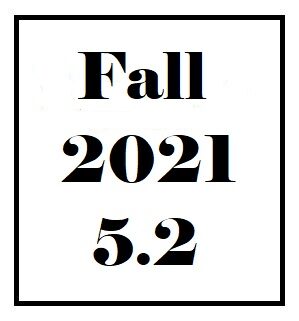American Indian and Indigenous Rhetorics: A Digital Annotated Bibliography
Kimberly G. Wieser, Antoinette Bridgers-Smith, Derek Bartholomew, Davina Caddell, Brian Daffron, Taylor Ellis, Matt Kliewer, Haeyoung Lee, Elisabeth Murphy, Allison Nepomnick, Jessica Nichols-Ruedy, Brenna O'Hara, Kelli Pyron-Alvarez, Tatiana Rosillo, Stephanie Salyer, Kristen Wheaton, Aaron Whitestar, Jacob Witt, and Jordan P. Woodward, University of Oklahoma
This partially annotated bibliography of resources on American Indian and Indigenous rhetorics is a work in progress. New entries and annotations for existing entries are accepted for review by the editor on an ongoing basis via the entry submission form and annotation submission form. Author bios are available here.
The items on listed on this bibliography are inclusive of those written by American Indian, Indigenous, and non-Native scholars. Some of these sources focus on the use of Euro-American rhetorics by Indigenous rhetors. Increasingly, over the years, the discipline has given preference to Indigenous perspectives and writing that examines Native American and/or Indigenous rhetorics that arise out of the cultures themselves.
The space that nurtured the proliferation of scholarship on American Indian and Indigenous rhetorics in the past twenty-five years is the American Indian Caucus of the College Conference on Composition and Communication/National Conference of Teachers of English (CCCC/NCTE). This caucus was founded by Malea Powell and Scott Lyons in 1997 as the Caucus for American Indian Scholars and Scholarship. Despite the shortening of the name, the group has always been and intends to be inclusive of American Indian, Indigenous, and non-Native scholars who do work in American Indian and Indigenous Rhetorics. From its inception to around twenty years later, Malea Powell, Resa Crane Bizzaro, and Joyce Rain Anderson served as co-chairs. Today, Andrea Riley-Mukavetz, Lisa King, and Kimberly Wieser–editor of this bibliography–serve as co-chairs of this organization. Work by caucus members is highlighted in the bibliography below in red.
Some of these sources fall under the further category of Indigenous cultural rhetorics, a set of practices in the field grounded in Indigenous concepts of relationality. Cultural Rhetorics values the ability of story to constellate multiple knowledge sources and to be inclusive of Indigenous knowledge and/or other culturally-specific knowledges, not simply academic, whitestream knowledge. It emphasizes the positionality of the speaker within a network of relationships/constellations who draws on knowledge from those networks in producing new discourse. More information on cultural rhetorics is available in Our Story Begins Here: Constellating Cultural Rhetorics, collaboratively written by Malea Powell, Daisy Levy, Andrea Riley-Mukavetz, Marilee Brooks-Gillies, Maria Novotny and Jennifer Fisch-Ferguson of the Cultural Rhetorics Lab, a joint effort by scholars from four academic institutions. Additional information is available on the FAQ page for Constellations: A Cultural Rhetorics Publishing Space, the journal that came out of the Cultural Rhetorics Consortium, where much rich work across the rhetorics of diverse cultures is published, grounded in this methodology and praxis. Constellations was founded by Powell along with fellow Michigan State professor Alexandra Hidalgo. Hidalgo continues to serves as Editor-in-Chief.
A brief history on the background of American Indian and Indigenous rhetorical studies written by Dr. Wieser is upcoming, planned as a chapter in a book on American Indian rhetorics co-edited by Wieser with Powell, Riley-Mukavetz, and King.
